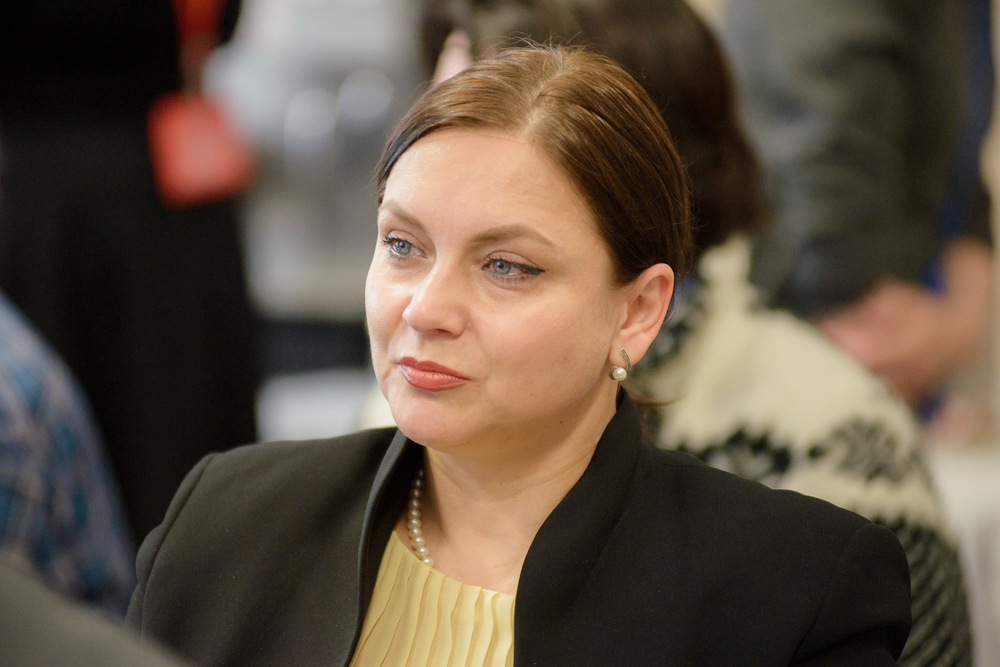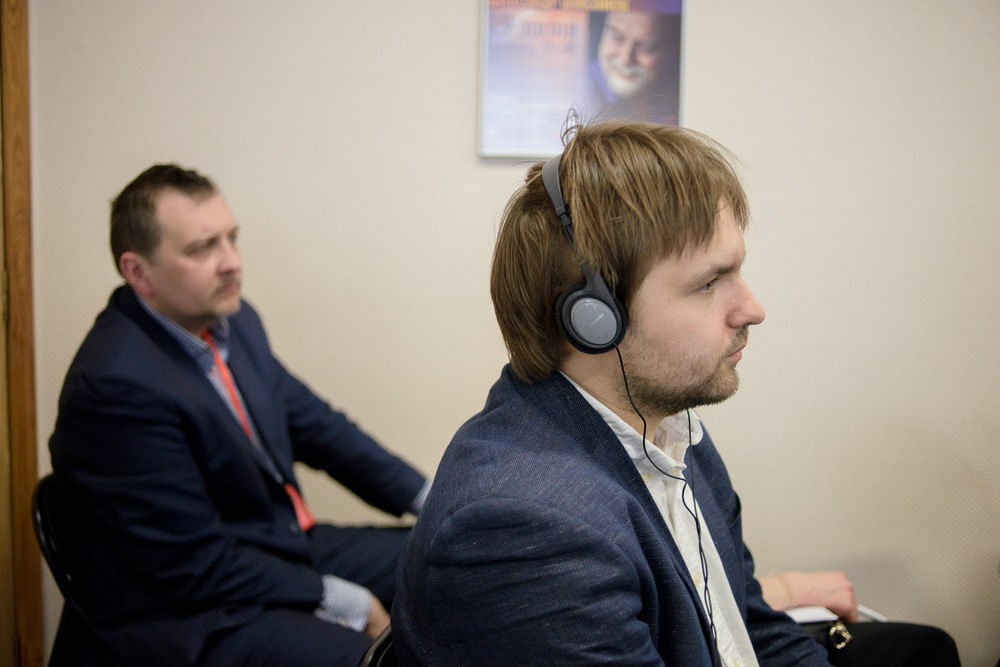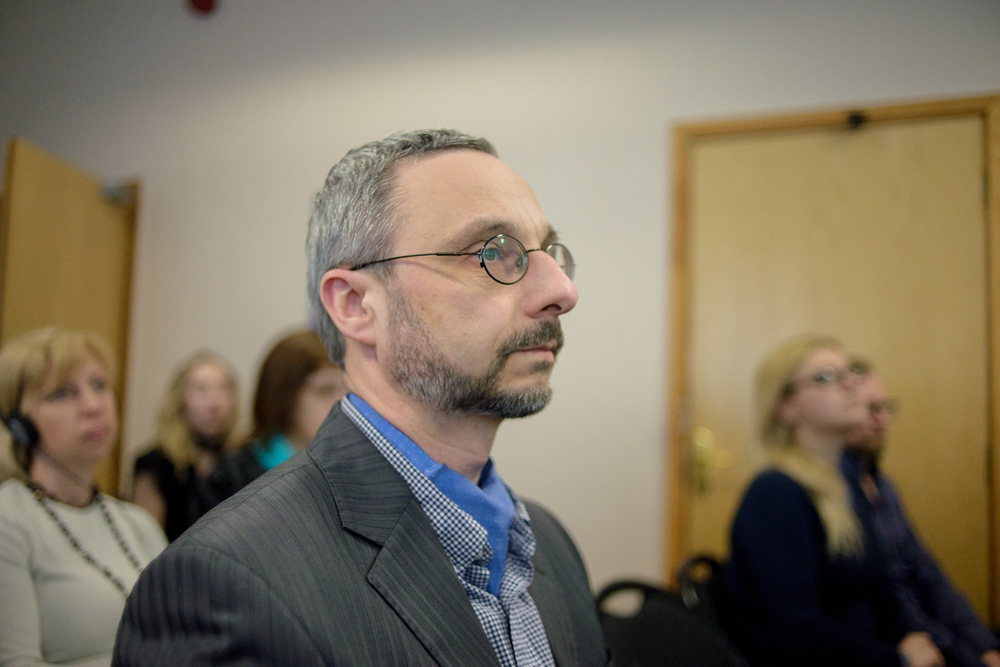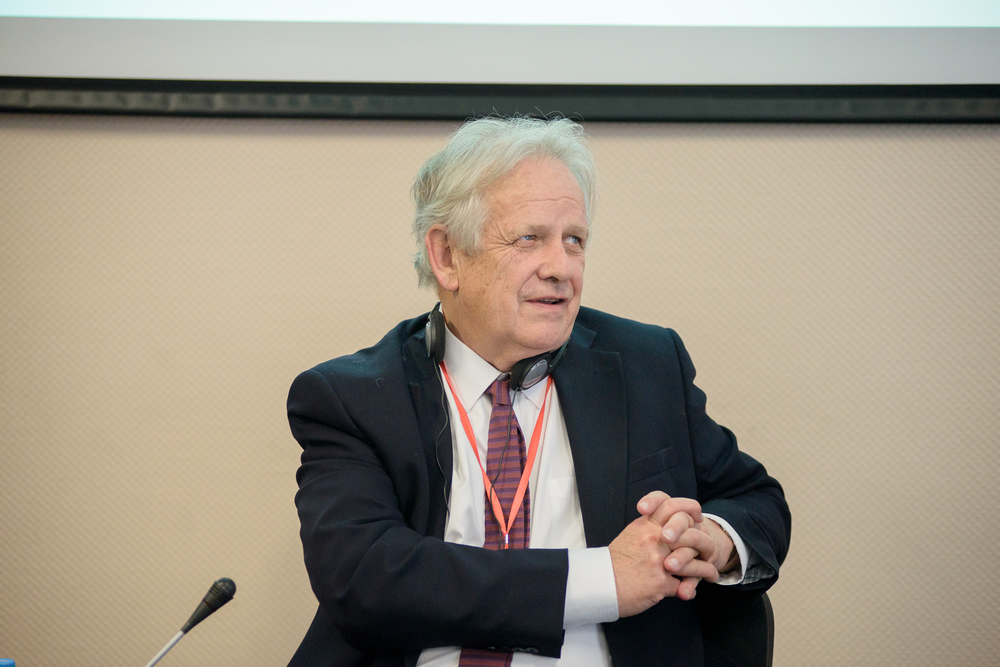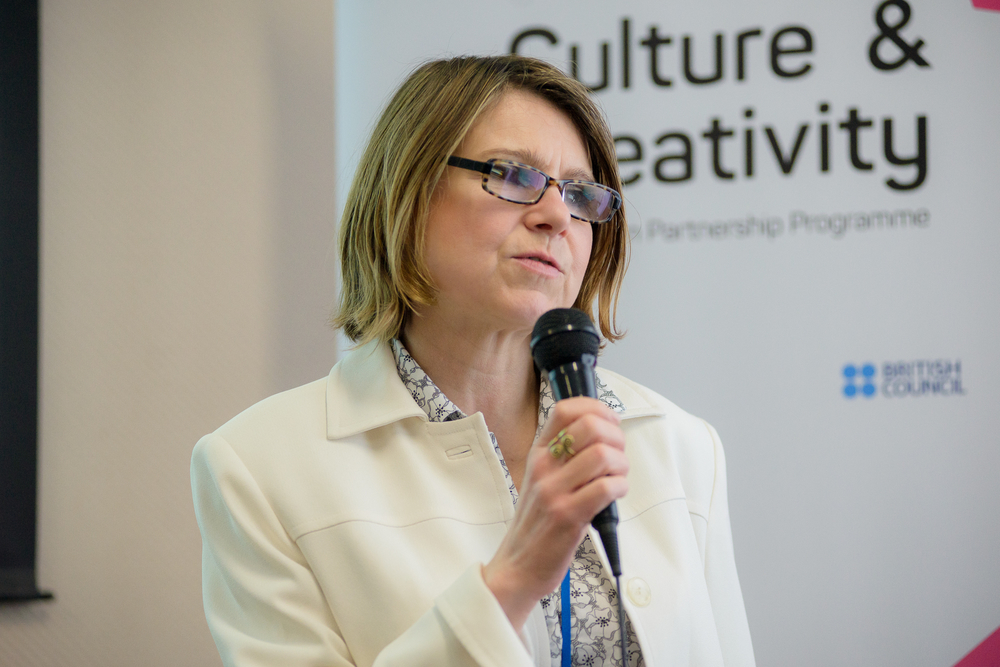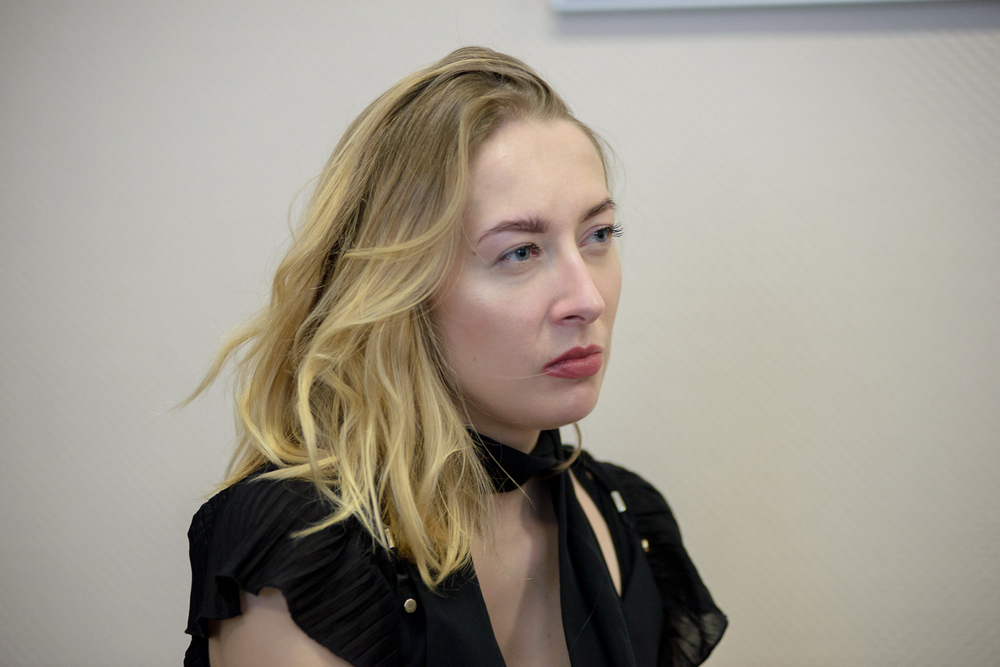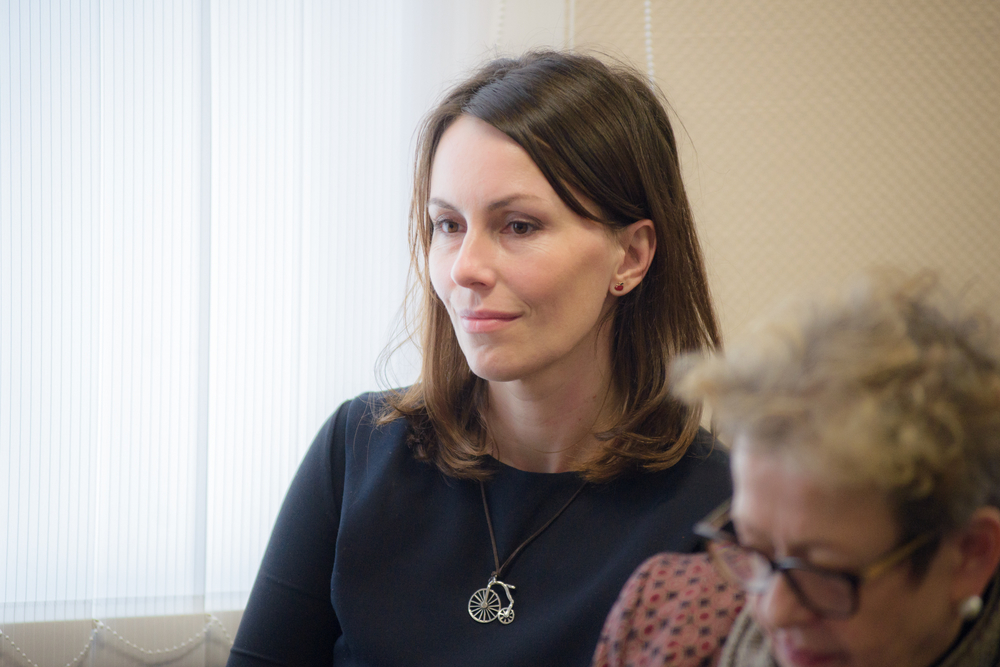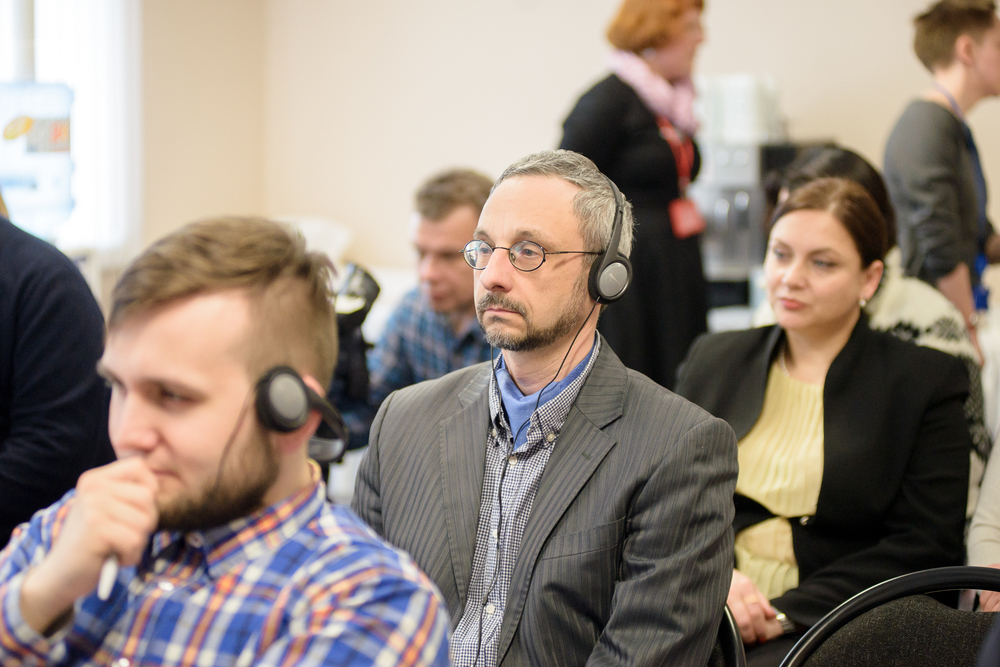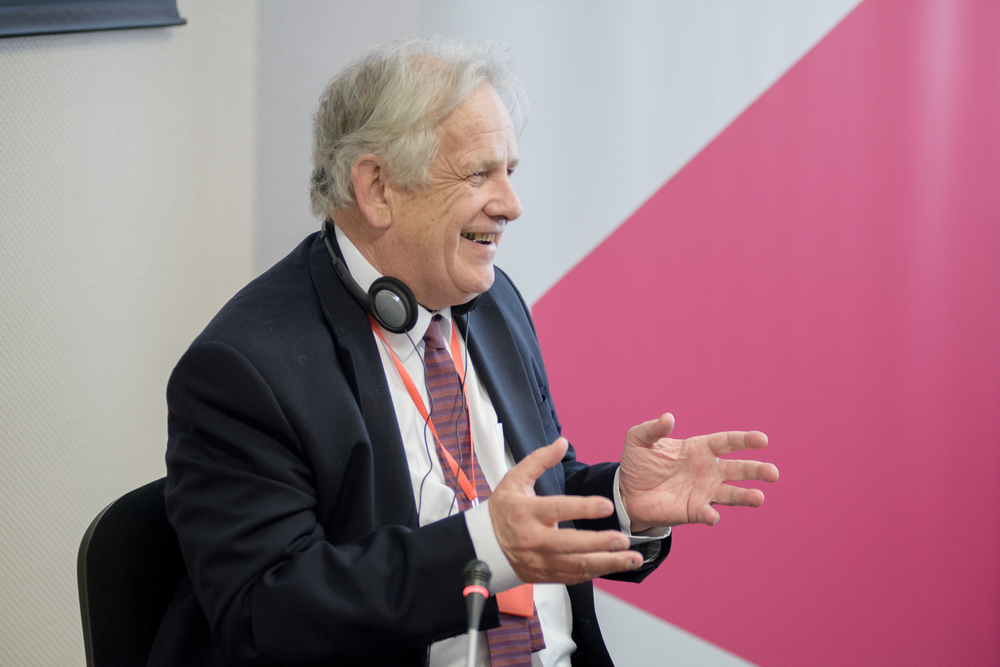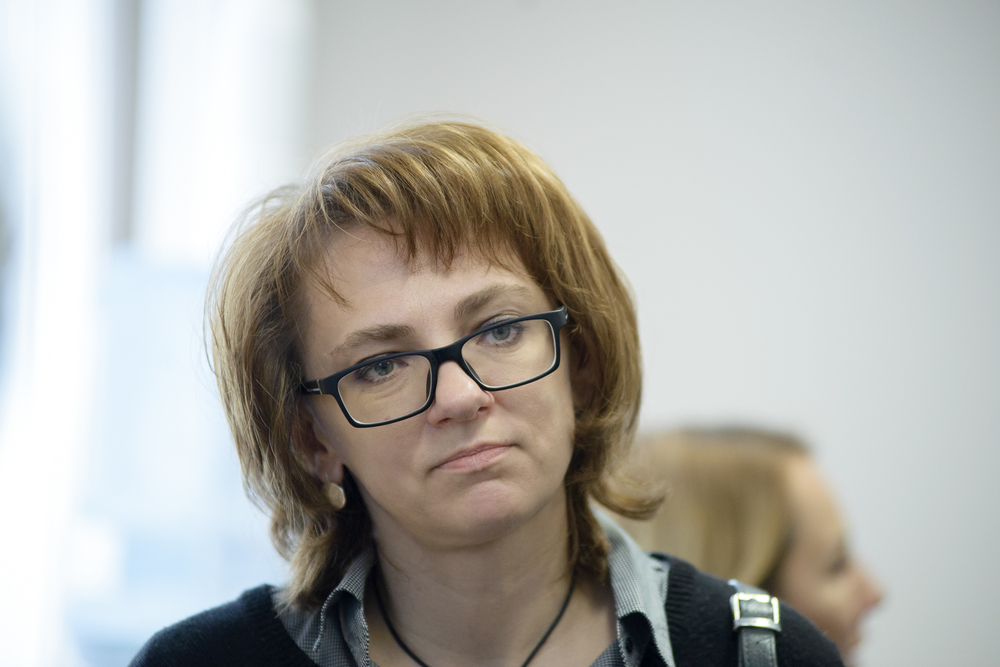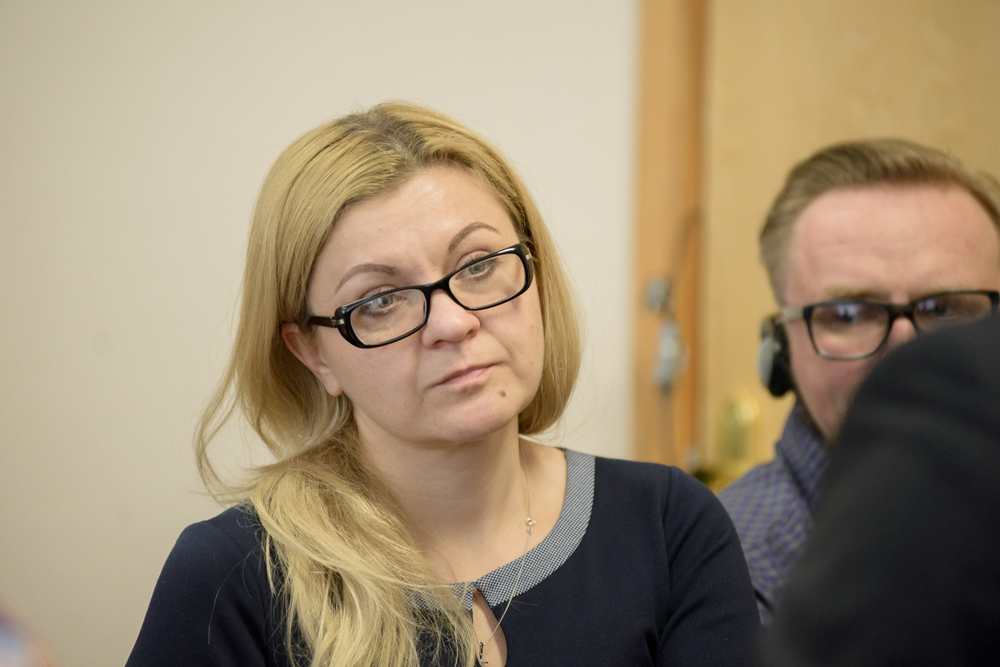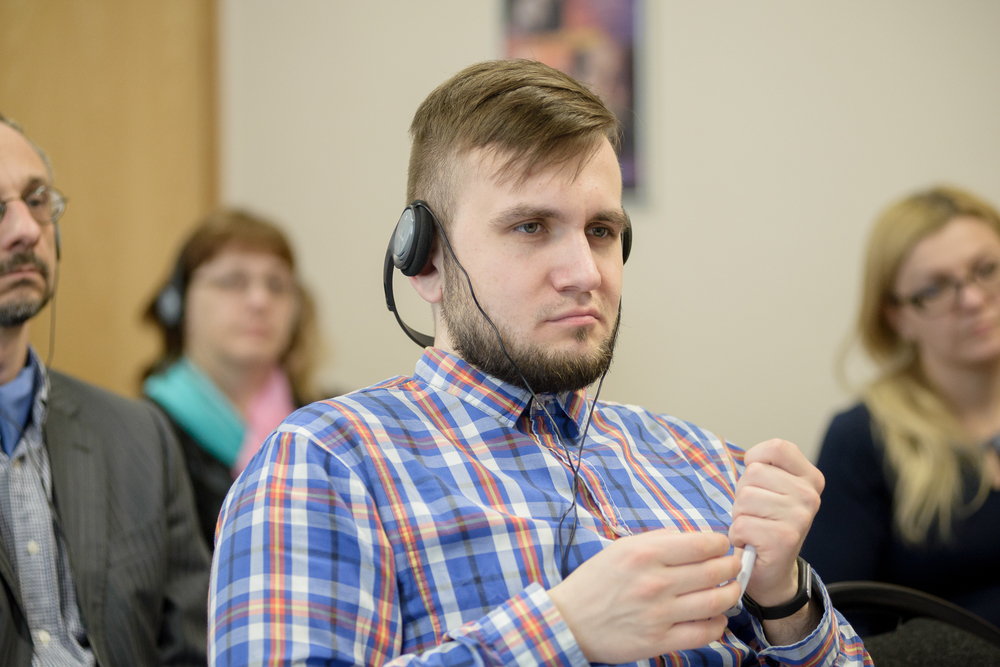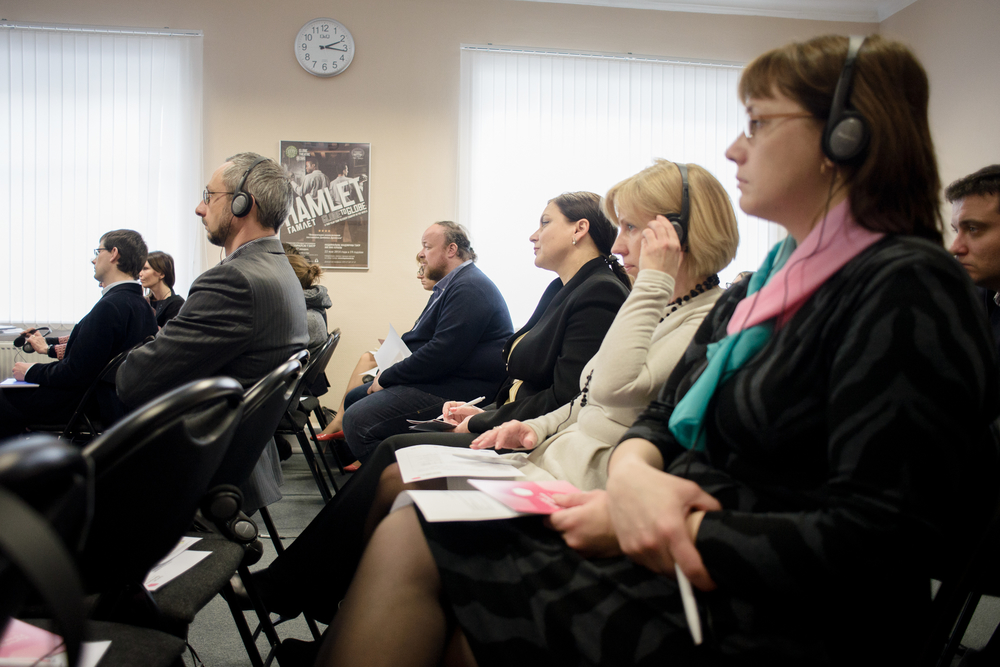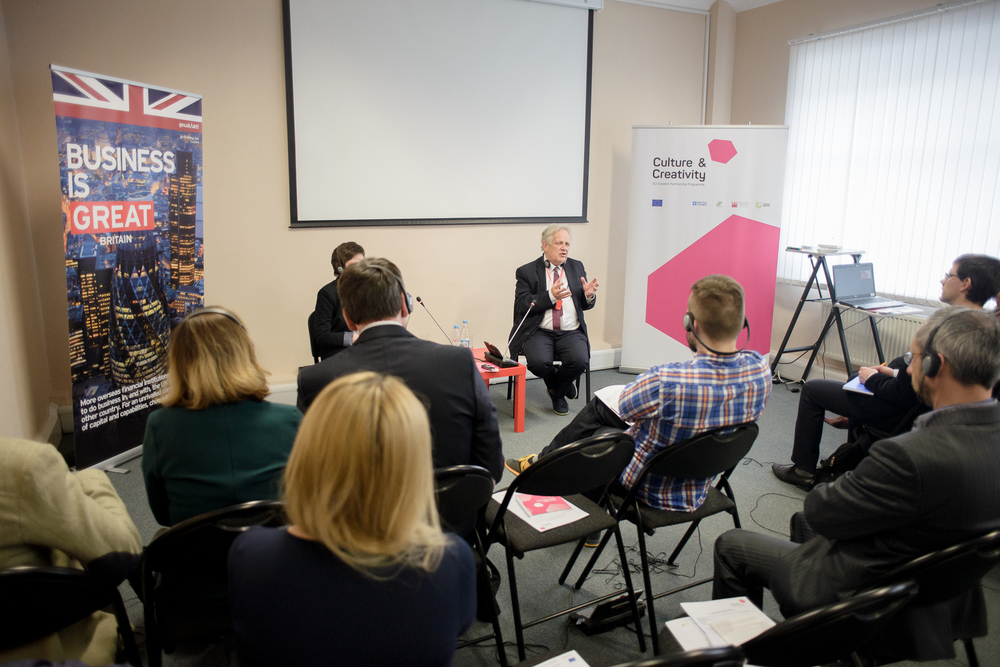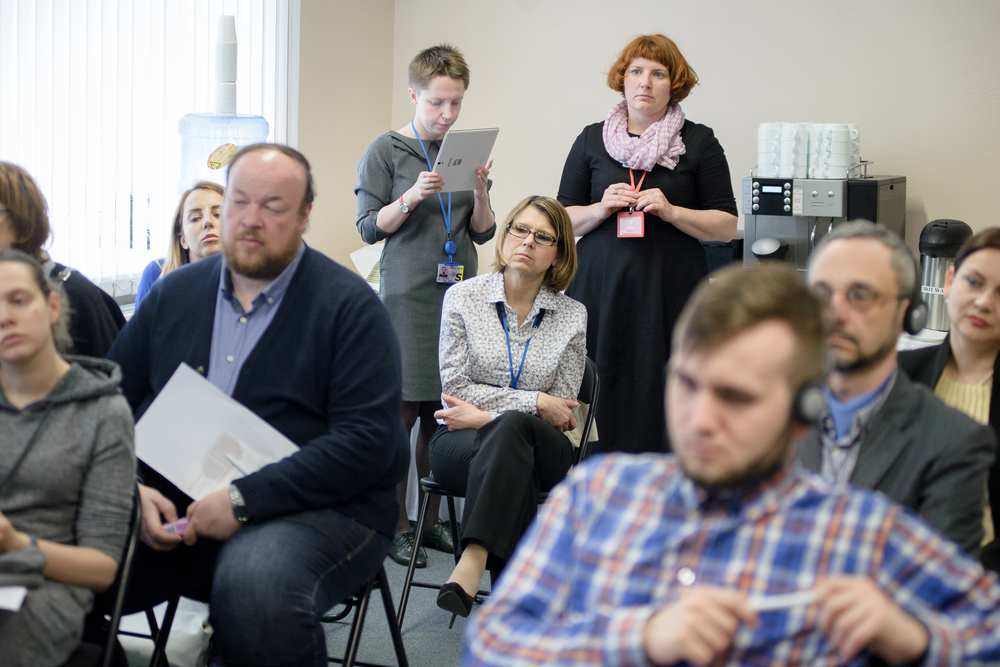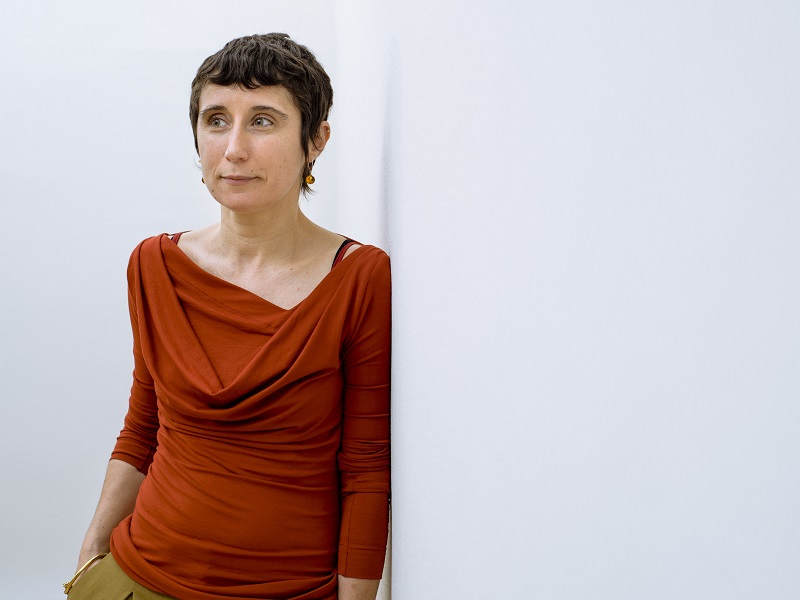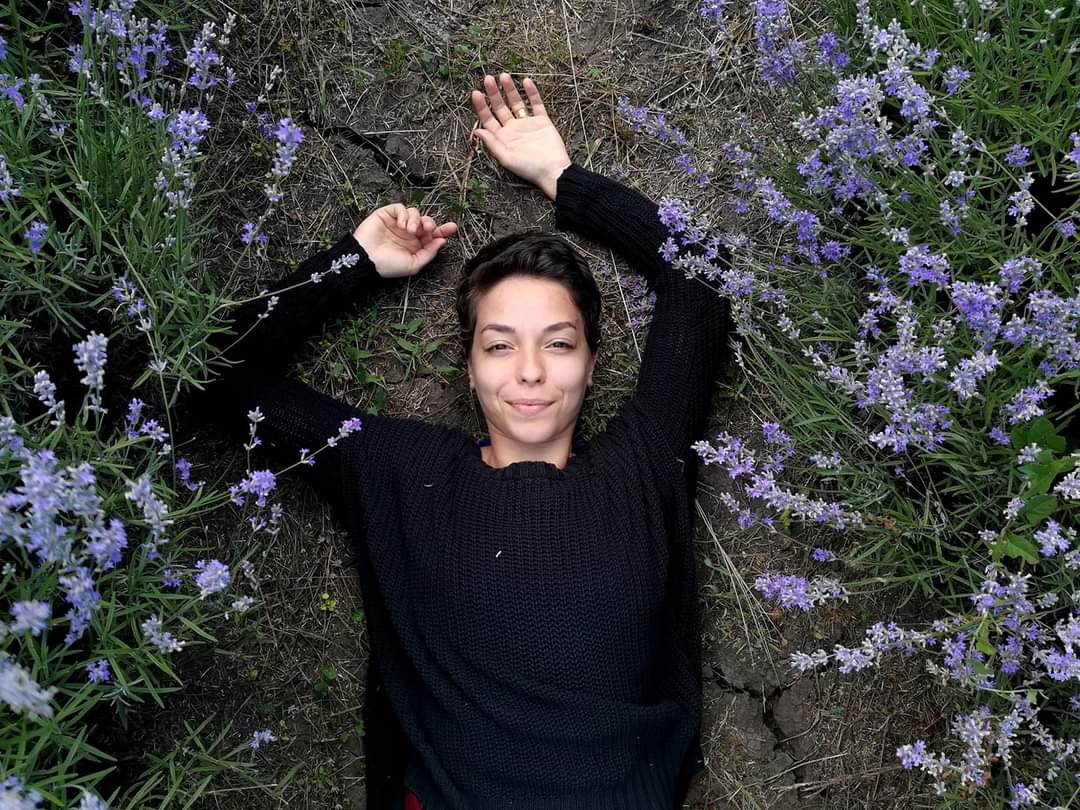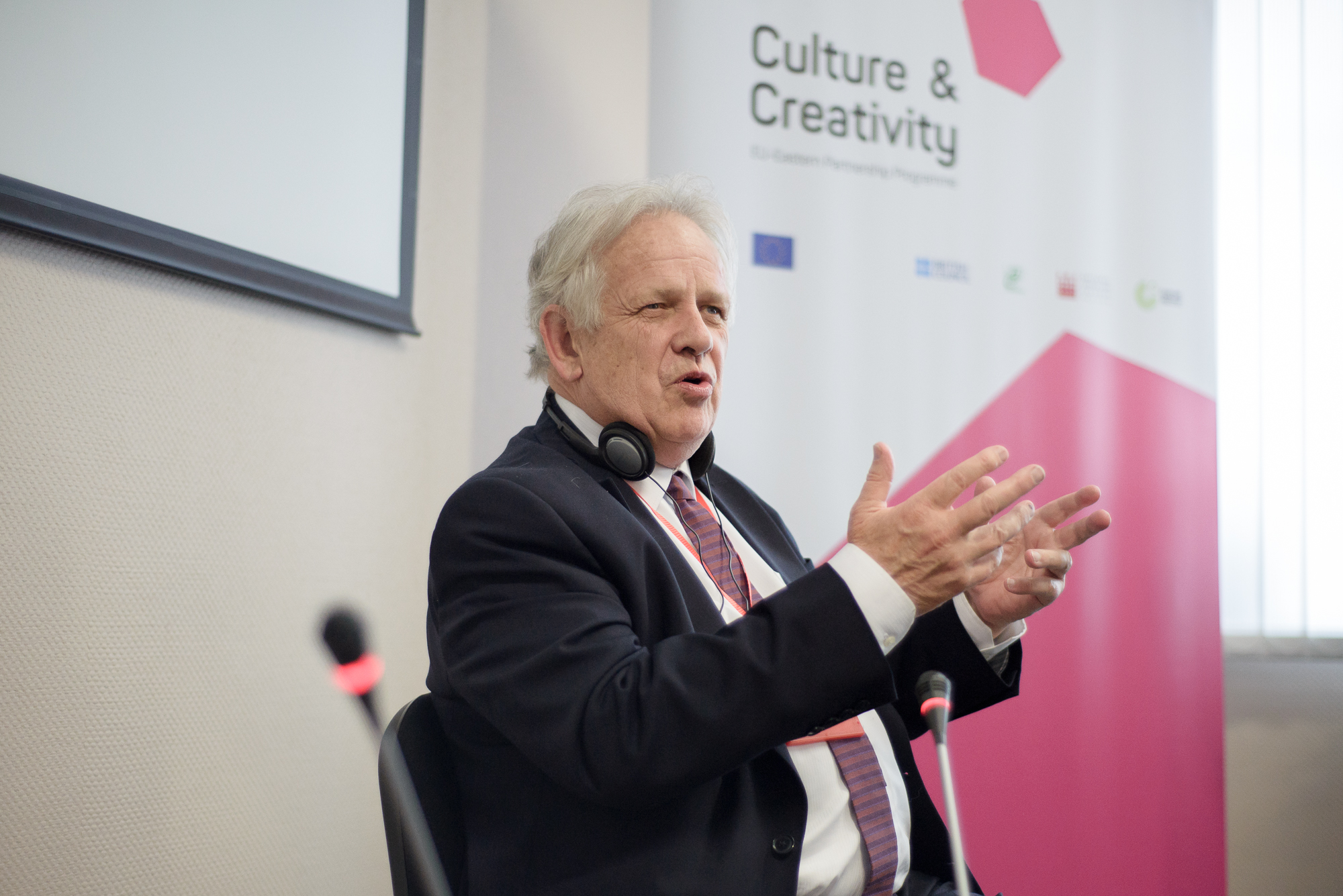
Culture and contemporary media: George Carey puts forwards 7 proposals during his meeting with the media editors
1. Culture. For example, the performance of P. Tchaikovsky's works in London, staging Shakespeare in Moscow, a Marc Chagall exhibition in New York, are all instances of high culture. It heals our broken and troubled world. That's good, but that's not everything. That which ordinary people do, each and every one of us, is also culture. Daily worries and cares, reasons for our actions, judgments and the way people express them are also creativity. This is a different aspect to culture, one which is, nevertheless, no less important.
2. Media. I believe that the role of the media is not to just “talk about culture”. The media themselves are part of culture. Newspapers and books interact with the audience “through the mind”. Films and television via visual signals. With experience, you understand that it is impossible to predict how a person will interpret what he or she sees or reads. But this does not alter our principal media tasks.
3. Two types of people. All my work at the BBC has confirmed one simple observation: there are two types of people. The first type understands the rules well and focus on carrying them out. They know that “playing by the rules” is the way up through the ranks. I'm not saying that this is bad. However, there are other people who think in this way: “I won't do this because it has already been done before”. They are always competing, searching. And if we were to look at the “BBC geniuses”, they were precisely like that: they disturbed the order, disregarding old methods and offering new solutions. Such people pushed the company forward. I was also once allowed to look at news in a new way and create a new genre. I started Newsnight, a programme in which the presentation of current affairs was very different from the established method at that time at the BBC.
4. Creativity does not mean hiring people who will be “creative”. It is necessary for one to be creative. There was a period in my life when I founded a small company and was working independently. My house, family, children, all my life depended on how creative I was. Ideas, ideas, ideas... The first five years were simply captivating. I love that period. Creativity is not someone's responsibility – it's an inner need.
5. Money. Firstly, you have to think about where to get it. Secondly, if you have it, you have to have an idea of how to use it. How can boring money be turned into something that takes flight and inspires? That's the main challenge. After all, money in itself is neutral.
6. Public funding. In many countries there are no other problems besides how to obtain support from the state for projects in the cultural sphere, for theatres and museums. I believe that state funding for culture is a problem.
When the National Royal Theatre in London receives public funding, it means that ordinary people’s money is being transferred to those who are rich. If theatres and galleries have money and are rich, they can support themselves, right? How? That's a subject for discussion.
The result of this discussion, in my opinion, would be a change on the part of museum, theatre and cultural management towards greater accessibility of cultural products for the audience. For example, in the UK film and opera productions are now being shown on big screens installed right in the middle of streets. Museums no longer resemble churches and offer absolutely new, intimate contact with museum objects. I believe that accessibility is a huge step forward.
7. Dedication. How can funding be obtained for products that are devoid of a mass audience? For example, in the documentary field, a field in which I'm working at present, this is the main problem and it is becoming more and more difficult to resolve. Current documentary films, which are perhaps not very well known and do not fit the “format”, are created by very loyal and dedicated people who are true to their craft. In my opinion, the media can today sell these stories about culture and people who make it. Instead of simply “reporting” the facts, it is necessary to try to get to the heart of the problems and mechanisms that artists and musicians use.
And if you have a bill to pay, that's bad news. But the Internet has opened new ways for raising funds, crowdfunding for example. If I were 25 today, I would be spoilt for choice with the opportunities offered today by social networks, youTube and the Internet as a whole. Nevertheless, the problem of funding remains a serious issue. Yes, we live in revolutionary times.
George Carey is a British journalist and documentary filmmaker. Creator of the popular Newsnight programme on the BBC, presenter, television editor and creator of new news formats on television. Today, George Carey produces documentary projects in the field of art and culture. The meeting in Minsk was organised with the support of the British Embassy in Belarus.
Summary from the meeting in Minsk, April 19, 2016.


